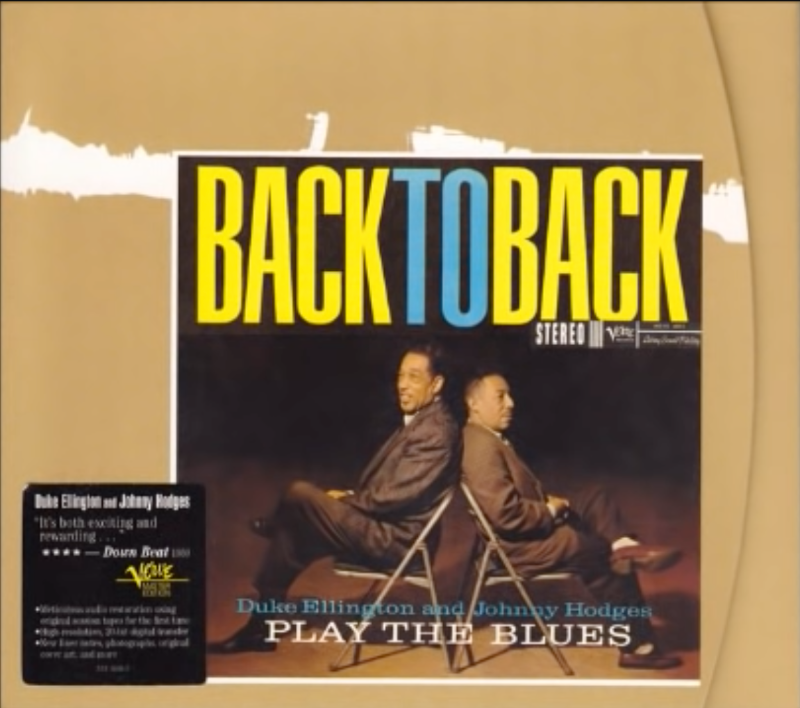Teach This Poem, though developed with a classroom in mind, can be easily adapted for remote-learning, hybrid-learning models, or in-person classes. Please see our suggestions for how to adapt this lesson for remote or blended learning. We have also noted suggestions when applicable and will continue to add to these suggestions online.

Listen to “Weary Blues” played by Duke Ellington and Johnny Hodges.
The following activities and questions are designed to help your students use their noticing skills to move through the poem and develop their thinking about its meaning with confidence, using what they’ve noticed as evidence for their interpretations. Read more about the framework upon which these activities are based.
- Warm-up: (free-write and think-pair-share) What does growing up mean to you? Join with a partner or small group and share your response.
- Before Reading the Poem: Listen to “Weary Blues” played by Duke Ellington and Johnny Hodges. As you listen, feel free to just listen to the music or draw/sketch what comes to mind. After listening, share with your classmates, what did you sketch? How did the music make you feel? What do you think of the title of the music “Weary Blues?”
- Reading the Poem: Read the poem “As I grew older” by Langston Hughes silently.What do you notice about the poem? Annotate for any words or phrases that stand out to you or any questions you might have.
- Listening to the Poem (enlist two volunteers to read the poem aloud): Listen as the poem is read aloud twice, and write down any additional words and phrases that stand out to you. Or, you might opt to listen to the audio recording of the poem. (Teachers, your students might also enjoy this reading of Hughes’ poem by Mike Yard. This reading includes music that the students listened to at the beginning of class. The reading starts at 0:55.)
- Small-group Discussion: Share what you noticed about the poem with a small group of students. What does growing older represent for the speaker in the poem? How does this compare to the music and what you and your classmates shared at the beginning of the class?
- Whole-class Discussion: What do you make of the title, “As I grew older”? What happens as the speaker ages? Describe the connection between the dream and the wall. How might you describe the tone in the last stanza, and how might you compare this tone to the rest of the poem?
- Extension for Grades 7-8: Langston Hughes explored dreams in other poems. Choose to read one of Hughes’ other poems, “Harlem,” “Dream Variations,” “Let America Be America Again,” or choose more poems here. As a class, discuss Hughes’ work and dreams. What does this tell us about Hughes?
- Extension for Grades 9-12: Read more about the Harlem Renaissance. Choose a poet from this and create a presentation that celebrates and honors this poet’s work. Present for your class.
“‘An artist must be free to choose what he does, certainly, but he must also never be afraid to do what he must choose.’ Freedom of creative expression, whether personal or collective, is one of the many legacies of Hughes, who has been called ‘the architect’ of the black poetic tradition.” Read an introduction to Langston Hughes.
Enjambment: the continuation of a sentence or clause across one poetic line break. Read more.
